
“The poet, the artist, the sleuth — whoever sharpens our perception tends to be antisocial; rarely ‘well-adjusted,’ he cannot go along with currents and trends. A strange bond often exists among antisocial types in their power to see environments as they really are.”
"As you know, I was a rather bad boy at Bilderberg. Frankly I was staggered at the very low level of awareness of the contemporary world exhibited by all guest present. As my friend Wyndham Lewis, the painter, put it : "The artist is writing a detailed history of the future because he is the only person who lives in the present." Ordinary people live thirty years back in a state of of motivated somnambulism. Such was the state of the delegates at Bilderberg. Without a knowledge of all the poets and painters and artists from Baudelaire to Joyce, it is futile to attempt any appraisal of the formal or efficient causes initiated by the evolutionary extensions of our bodies which we call technology."

In the November 1967 issue of artscanada—a special issue on Wyndham Lewis edited by Sheila Watson — there is included a 7" Flexidisc with recordings of Lewis reading his poem "One-Way Song" and Marshall McLuhan talking about Lewis. The Lewis recording is available on The Enemy Speaks, iTunes, and Amazon. The interviewer is Sheila Watson.
What follows is the McLuhan interview, with the transcript below.
Now, here is Marshall McLuhan recalling his experience in recording Lewis reading.
In St. Louis, Lewis came down to visit and to do some paintings. And I managed to persuade him to read something from "One-Way Song" for our little home recorder. And it was most interesting to observe Lewis upon hearing his own voice. He just simply roared with laughter! In all the years preceding it had never occurred to him that he had essentially an English voice. Anyone who reads Lewis doesn't tend to get a very strong English effect or English enunciation from his prose. And Lewis himself apparently had nourished the idea that he spoke with a rugged American accent. And so he just went into fits of laughter when he heard this very English voice coming forth. And upon hearing the Harvard recording myself just now I too was surprised at just how English he sounded because after years of talking with Lewis I had forgotten altogether that he had an English voice. He didn't bear down on his English character at all.
He was very fond of opera. And he would occasionally produce a trill or two in that direction. But I wasn't—after all I wasn't in his presence all day and night, as it were. But I can certainly recall his breaking out into song occasionally. But often to illustrate a point. He would use some operatic aria just to "theme in" some discussion.
I think Lewis thought of his work as having immediate relevance to decision-making at the highest levels of human affairs, and naturally felt somewhat frustrated that his kinds of perceptions could not be made available in decision-making at very high levels.
Here is Part B of the interview. It contains a very direct statement of Lewis's influence on McLuhan — not available anywhere else.
Here it is:
We asked Marshall McLuhan what influence Wyndham Lewis had on him.
Good Heavens—that's where I got it! [Laughter] It was Lewis who put me on to all this study of the environment as an educational — as a teaching machine. To use our more recent terminology, Lewis was the person who showed me that the manmade environment was a teaching machine—a programmed teaching machine. Earlier, you see, the Symbolists had discovered that the work of art is a programmed teaching machine. It's a mechanism for shaping sensibility. Well, Lewis simply extended this private art activity into the corporate activity of the whole society in making environments that basically were artifacts or works of art and that acted as teaching machines upon the whole population.
Why was this book of poems called "One-Way Song?"
In many of his writings he asserts the primacy of the visual. In his perception and his general feeling of preference of the visual over the other senses his feeling was that the passion for musical form in the later nineteenth century and in his own time betrayed this — betrayed our traditional visual values. Now, the clue then to "One-Way Song" may be in the fact that the visual sense is the only sense we have that is continuous and connected. All the other senses are discontinuous — whether touch, every moment of which is different form every other moment, or hearing, which is discontinuous — the interval is necessary for the very act of hearing. In sight alone, or in the visual alone, is there [sic?] a continuum—a connected universe that we associate with rationality and detachment. But "One-Way Song" seems to draw attention to these qualities of rationality and detachment and continuity and connectedness in thought and perception.














![et cetera : LOVE [1977]](https://blogger.googleusercontent.com/img/b/R29vZ2xl/AVvXsEgQ8s7vwLQuzHDNgqlfBacxRkEbOErToak9kmgFl0VmyIYEqS9qIzNIVcXKpzTncPhqo3TSgOyztAguIW6OlXw65aFHmpx6cRzmvCUQQMTwUGUOd0iE0GbJakEc3g3kBAJrvlZP4z3eesg/s1600/etc1977.jpg)









![MAC LUHAN [sic] : LOST IN TRANSLATION](https://blogger.googleusercontent.com/img/b/R29vZ2xl/AVvXsEg92tMqBMDA917NDivsS2ZwIirx9KTf24tOCgFFnK65p7Hw5dvqEh1e2aefCynj2UW8u-k8zwBXbjgypsCXUcv-5G7ZCsyDB13giHEjmhVISAeW-oI_JV6ePOXW_XBDPwy2nREAoqRU7Z8/s1600/MAC.jpg)






















![Les Yeux De Nadja [unpublished]](https://blogger.googleusercontent.com/img/b/R29vZ2xl/AVvXsEgrXohpIuxxYyjKoqBSQf3TpYGjnttZnjRFvmMdshadfnVKi7PMAjIqEuqYctZFXOFH2n-oH75oJx-YkaON7xvaZgVdvaK0zfSOurEmCKqmWF6qXh2F3VbqyixfGhvY4qH6LENMTs1wCIw/s1600/2xsurreal.jpg)
















![PIED PIPERS [MARSH] ALL](https://blogger.googleusercontent.com/img/b/R29vZ2xl/AVvXsEhqvGIGG9lWZYhFZRVc_V8EJG2apQBsys4kNQOQsA0EV6H6Tg-SMN0sX15NXy_GzsF3xAUdcb2QlfvJk-RU-Rha-3Eu5Mnglkf5KLe6pccVqAP4VR_Gi4fGQ716QSmDe3Zna5Uwct5d2sw/s1600/piedPiperMarshALL270.png)






























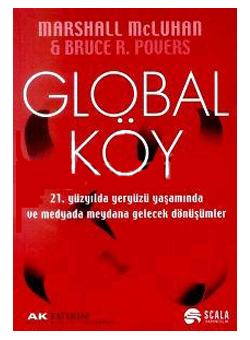




























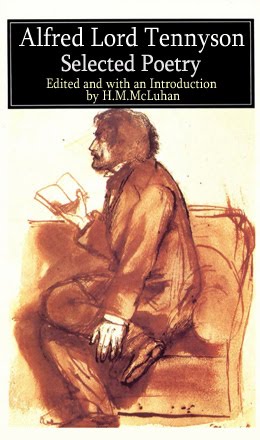

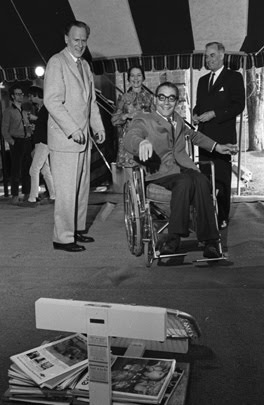




![PICNIC IN SPACE : The Great Minds of Our Time Film Series [1973]](https://blogger.googleusercontent.com/img/b/R29vZ2xl/AVvXsEjyov75DRIUBWcYLkzPYmupFy8CQ9dQ4Q798zDIN6jPNsSdBB_WuOcvPl4WjMAz10csG071oCO3BCUtIcKyHoIkCN0lCy0OxGCV_HrLXrGNKRpUiKMrqzkJh4LSc7jT_KrrqmClapSlVa8/s1600-r/PicnicInSpace.jpg)


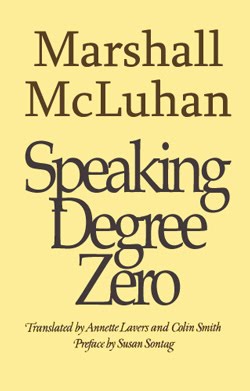






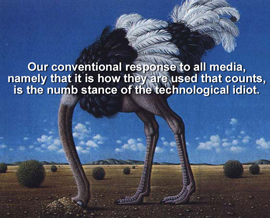


















![more Hidden ground [re:Bride] : the "flippancy" of tone seemed just "right"](https://blogger.googleusercontent.com/img/b/R29vZ2xl/AVvXsEg-hQyF9KGGhKYc73nUGmV1bStJ4fTJVh0-TL1ZtikLZEv5ppjhB3DOhFcVuzGq-kByrwtTAWgCcE173pA3UTIPe7h6xJjsPt7lRvNym007ZsdXenMDLNimKcwtaTOqkGleoxmXOeCKtxXL/s1600-r/LEAVISLEWIS.png)
















![BABA WAWA [TODAY SHOW, Toronto City Hall 1970]](https://blogger.googleusercontent.com/img/b/R29vZ2xl/AVvXsEjTZAIFkA07K36WGk951vmZnLPU99fOdNzlvVhyphenhyphenhKZEKu2n2AW5EA1CDZGaTk0aYRXUv7IOXG39igaikoE6SWm8j7QIG96wYRE54oBXwvlaNCJzp15vdkrcqR97IMMny-8sHjM-VDotTOaY/s1600-r/babaWawa.jpg)

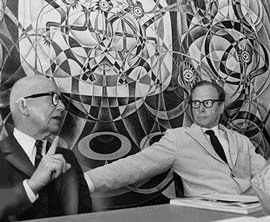

![enter the dragon : "typhon in america" [unpublished]](https://blogger.googleusercontent.com/img/b/R29vZ2xl/AVvXsEjdCnZdJ6JbaLc6hyUmUJo5UJ0m8WZSj_afYU9oRlHKIUgAIfcy2EPHNAptSRYEAmpOf0Xaa0B8iMgOTF302lY0Xmbyne0hvrdRyNo-t0Q-PPdzqX39uI3T5x5FppRPaQf9sSaXytrOpWVN/s1600-r/TIA.jpg)




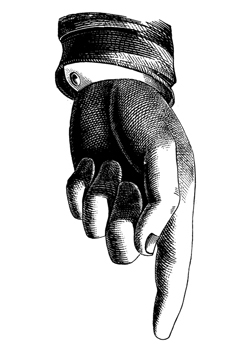
































![Take Today [1972] : "the consumer becomes a producer..."](https://blogger.googleusercontent.com/img/b/R29vZ2xl/AVvXsEhA53bdVdTaXdQo1fDmrsI8oiAwF-3jampcanOq8uk3QMh8_ImkNsTiKd4-RnZY8Vbwqh1fymJiyCl1CSLcSonXHQM6XbnJYQi_Vu89gbAV4jVq73EtlbM3w6CthyphenhyphenV_pHEjE6eu_VhC489u/s1600-r/PROSUMER.jpg)








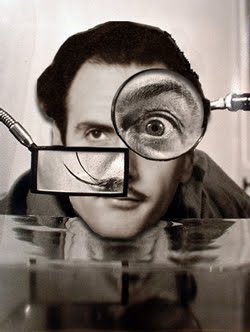















































































![" Outtragedy of poetscalds!, Acomedy of letters " [ FW 425.24]](https://blogger.googleusercontent.com/img/b/R29vZ2xl/AVvXsEhJMrJLN3oPUb25A2tjQtWZcZxA4wZB0IOvaIAvxosAUqlFc258HHvzvlnHHvKhKq7hG3epo76izY2Bu0HC3Cy-8S46Rf0Wni3L8j8jEfpT7sXK3UFlXBMtN2v2JdrmdxvWk8VWKjkhN4-9/s1600-r/preplexLP.png)











![mars[HAL]9000 : " Tomorrow is our permanent address."](https://blogger.googleusercontent.com/img/b/R29vZ2xl/AVvXsEhmblupqmUiuV3GbyayJiDRGEO63TEgwjHi-i8b0kVYDvXrKFWTCyl-e21la4QJXC4nDFDzx51Omi6fYPLJcqRHFoP6zSsL0CVZF98eMf6mxCE2WDfvMmT4q9G3X45-P0IYGDmliE0fCR3C/s1600-r/marsHAL9000_250.jpg)












































































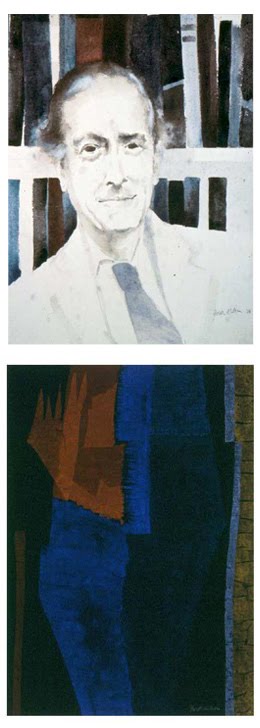















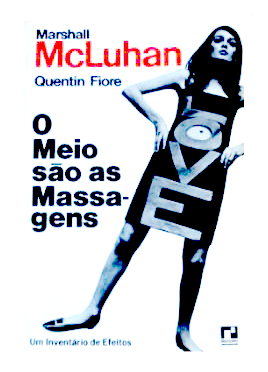





































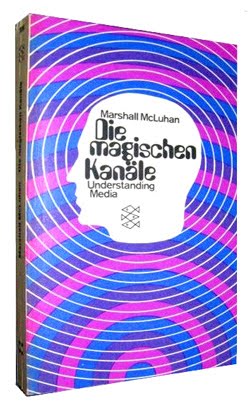
























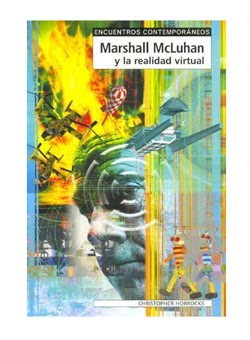




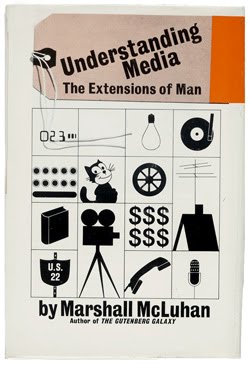


















































![Lucifer [from Latin] <br>meaning "light-bearer"](https://blogger.googleusercontent.com/img/b/R29vZ2xl/AVvXsEhq-2kZZOfh-Syv1Ewa0Ns2O6ZeP59pcsJp9ihhKcXCaovYZO_cKxffC5iSKOXFHr6E1jiHc6zedt1U6I95831RgpVdm3qk8-9C3y1yPyrCiQe4jgx-DsbeHnjKnw9t6Qx3ZM5TSYxiPj5H/s1600-r/lucifer.png)


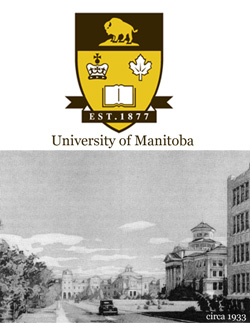










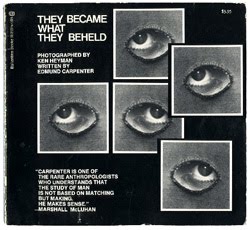






































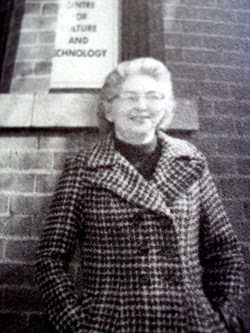
















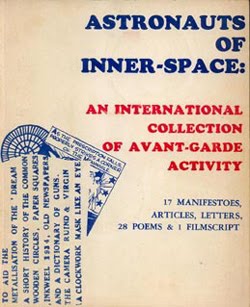












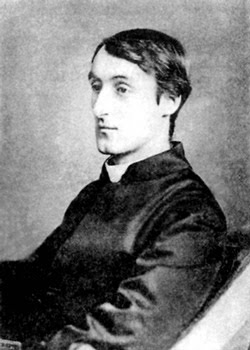


















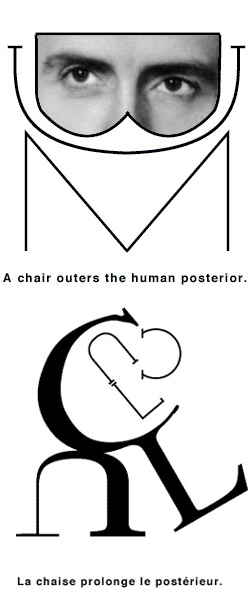






















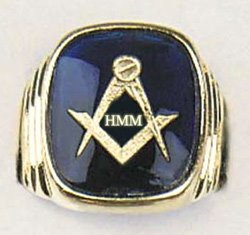















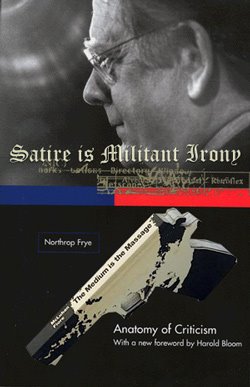
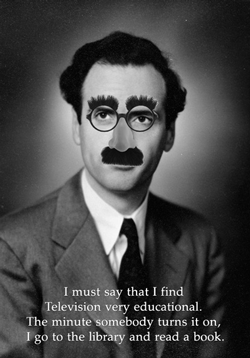






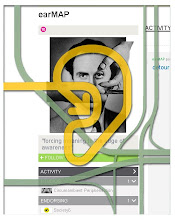















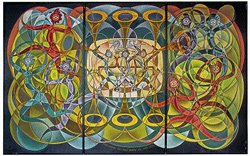














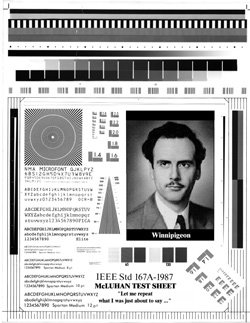

No comments:
Post a Comment